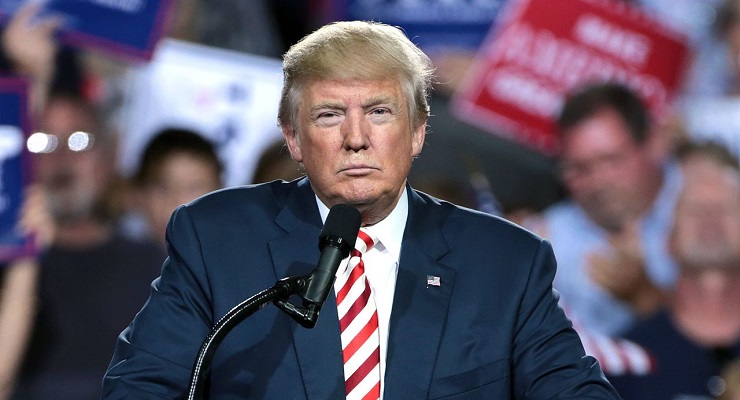
Several sources argue that President Donald Trump broke the emoluments clause more than once. In an article published in Brennan Center for Justice, Ciara Torres-Spelliscy examines emoluments clauses as an important measure for stopping corrupt future presidents. According to the article:
Amidst the turmoil that began 2021 — insurrection, impeachment, inauguration, and acquittal — some consequential Supreme Court news fell under the radar. In January, the justices dismissed two cases about then-President Trump’s alleged violations of the Emoluments Clauses, which are the Constitution’s guardrails against presidential corruption. In doing so, the Court forfeited a golden opportunity to clarify just what these mandates mean for future presidents. And its refusal to rule one way or another may inadvertently encourage another president to brazenly leverage his or her power for profit.
So what are the Emoluments Clauses, and what do they dictate? There are actually two of these provisions in the Constitution: one foreign and one domestic. The latter sets the president’s salary, and it bars both the federal government and the states from giving the president a raise or any bonuses. The Foreign Emoluments Clause applies to federal officials, including the president, prohibiting them from accepting money or gifts from foreign governments unless they receive permission from Congress. (Of course, Congress never gave Trump permission to keep foreign emoluments because he never bothered to ask.)
As I wrote about here, the founders could not have thought that a president getting a gold trinket from a foreign prince was a problem, but giving a president far more in value in cash through a business would be fine.
Read the full article here.
Leave a Reply